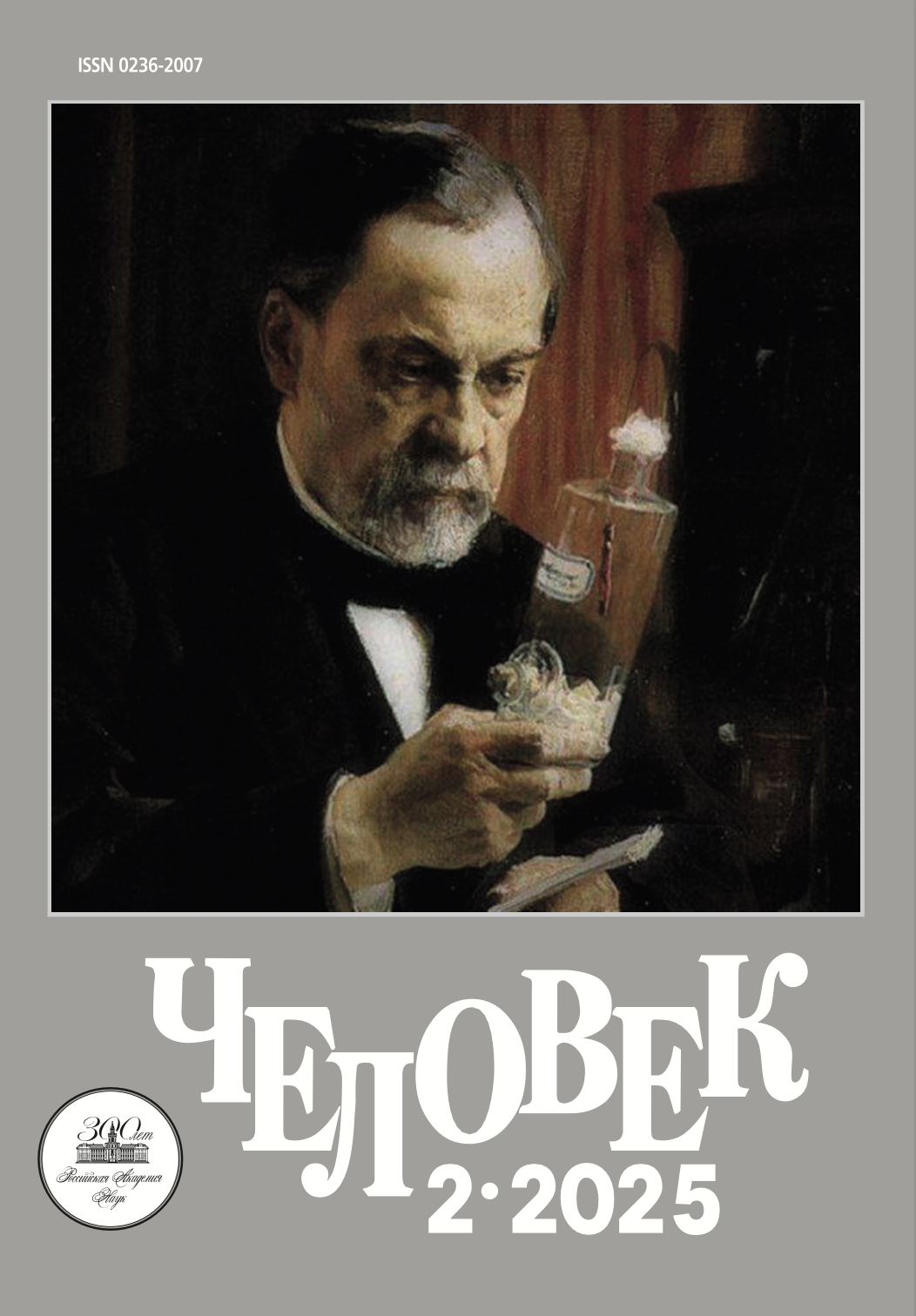Law and Transplantology: The Limits of Regulation
DOI:
https://doi.org/10.31857/S0236200725020059Keywords:
transplantology, legislation, ethics, family, consent, gift, biomedicine, state regulation, postmortem donationAbstract
The analysis of legal regulation of Russian transplantology indicates certain contradictions. Until now, the Law of the Russian Federation of December 22, 1992 No. 4180-1 “On Transplantation of Human Organs and (or) Tissues” is in force. At the same time, the basic provisions of human organ (tissue) donation are defined by Article 47 of the Federal Law of November 21, 2011 No. 323-FZ “On the Fundamentals of Health Protection of Citizens in the Russian Federation”, which predetermined a whole layer of by-laws that significantly changed the procedure for the removal of human organs. The stability of Russian legislation in this area determines the general conclusion about the exhaustion of legal opportunities for the development of this industry. The article examines foreign experience in regulating transplantology, using the legislation of France, Holland, Canada as a basis. It is shown that social institutions have a noticeable influence on the posthumous: family, public opinion, institutional readiness of the healthcare system. The article presents an analysis of the discussions around economic incentives for posthumous donation and its vision through the concept of an altruistic gift. The role of the family in making a decision on posthumous donation is outlined. In the vast majority of countries, even in the presence of a lifetime expression of will on posthumous donation, the opinion of close relatives is of decisive importance. At the same time, there are legal difficulties in formalizing a common family decision. In Russian legislation, when legalizing such a model, additional difficulties will arise due to the lack of an official concept of family (it is absent from the Family Code of the Russian Federation), the consolidation of its legal capacity, and the difficulties in formalizing the unified will of a collective subject. Other gaps in Russian law are identified that should be taken into account when searching for ways to develop domestic transplantology.






